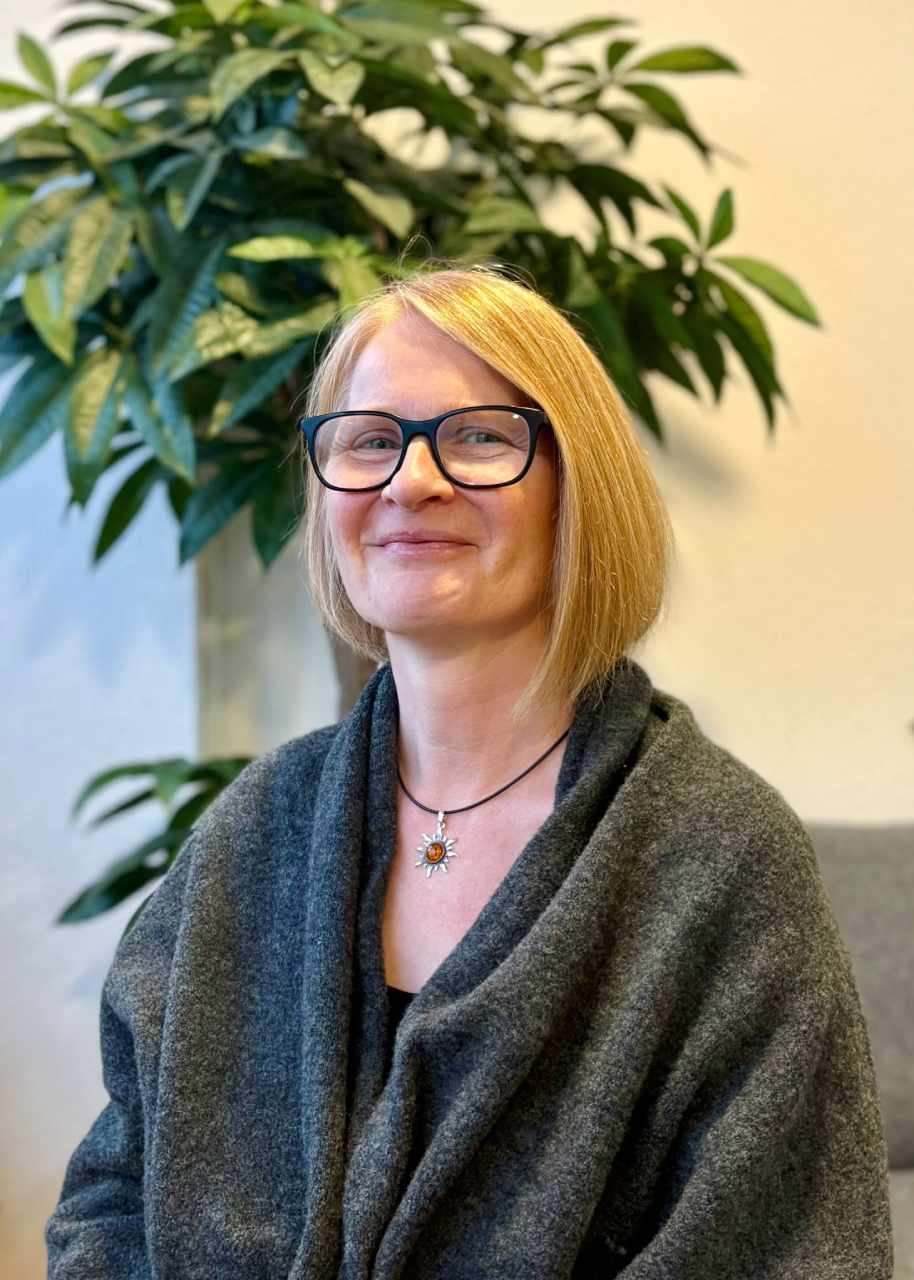
Family Therapy
Intergenerational Family Work
Our intergenerational family work takes place not only between parents and children but also includes other generations, such as grandparents and grandchildren. It promotes dialogue and strengthens understanding between generations to resolve existing problems.
Building bridges between generations
Grandparents, parents, and children – each generation brings its own values, ideas, and needs. This diversity enriches family life but can also often lead to tensions. Different views on upbringing, unclear role assignments, or unspoken expectations can cause misunderstandings and conflicts. Living and working together across generations therefore requires attention, understanding, and sometimes professional support.
With our intergenerational family work, we offer you a safe and appreciative space to understand your family’s dynamics and develop solutions for challenges. Our goal is to build bridges between generations and enable communication on an equal level.
Do you have questions about
Family Therapy?
If you have any questions, feel free to call us or send us an email. We will be happy to advise you in a free initial consultation.
How Intergenerational Family Work can help
In a family, each generation has its own perspectives and priorities. For example, child-rearing looked quite different 60 years ago than it did 20 years ago or today. When family members from different generations come together today, such as in a shared household, conflicts often arise, usually caused by miscommunication or differing learned understandings of certain topics. Everyone wants to be right in some way, and phrases like, “It didn’t harm me back then, and I still turned out fine,” are common. Often, there is a lack of understanding when things are handled differently, as what works for one person may not work equally well for another.
All of these problems share the common feature that addressing them often triggers negative emotions and meets with misunderstanding or lack of comprehension. Both parties try to assert their needs without clearly naming or even being able to name them, because they were never taught how. The hardening of conflicts between different viewpoints then leads to communication that constantly misses the mark instead of being solution-oriented. The neutral stance of an external professional can therefore help to unpack the conversations and wishes, uncover the underlying needs, and enable understandable communication with one another. The ultimate goal of family therapy is to be able to independently apply the learned strategies together, in order to prevent or better resolve deep conflicts in the future.
Why Intergenerational Family Work is important
A good coexistence between generations is a valuable resource. It not only creates stability and support in everyday life, but also helps ensure that all family members feel seen and appreciated. In a family environment, trust and mutual respect should exist so that the family can act as a team, with everyone taking responsibility, but no one being overwhelmed.
FAQs
Appointments can be scheduled in the mornings, afternoons, and evenings, as well as on weekends.
It is important that you feel comfortable with your therapist. During the first session, you can find out whether the chemistry is right and whether the therapeutic approach suits your needs.
Family therapy supports families during transitional periods such as separation or divorce by helping to understand and mitigate the impact on all family members. Support for children is especially important, as they often struggle to cope with the changed family situation. Therapy promotes communication and helps establish a new, healthy family structure.
We also offer marriage counseling if you only need support in your marriage and the family relationship with your children is generally functioning well.
Yes, family therapy can be especially helpful for patchwork families to clarify the often complex relationships and dynamics. It helps resolve conflicts, foster connections with all family members, and create a harmonious family structure where everyone, both parents and children, feels safe and respected.
Puberty is a challenging phase for both parents and children. Family therapy provides a safe space to break down communication barriers and find ways to better handle the conflicts and emotional challenges of adolescence. The goal is to strengthen trust and the relationship between parents and teenagers and to prevent growing emotional distance.
Ideally, all important family members should participate, as intergenerational family therapy takes into account the dynamics between the different generations. In some cases, however, it may be appropriate for not all family members to be present at the same time, especially if there are conflicts that need to be addressed only between certain individuals. The therapist will discuss this in advance with the family.
Many of our clients feel a positive change after the first session. Together, we create a space in which your individual issues are addressed in a targeted manner so that you can quickly experience initial success.
- Initial consultation: €190 for 90 minutes (excluding VAT)
- All subsequent follow-up sessions: €220 for 90 minutes (excluding VAT)
The duration of family therapy depends on the individual case – fruitful results can become apparent after just a few sessions. Based on experience, most families require 6 to 8 sessions.
